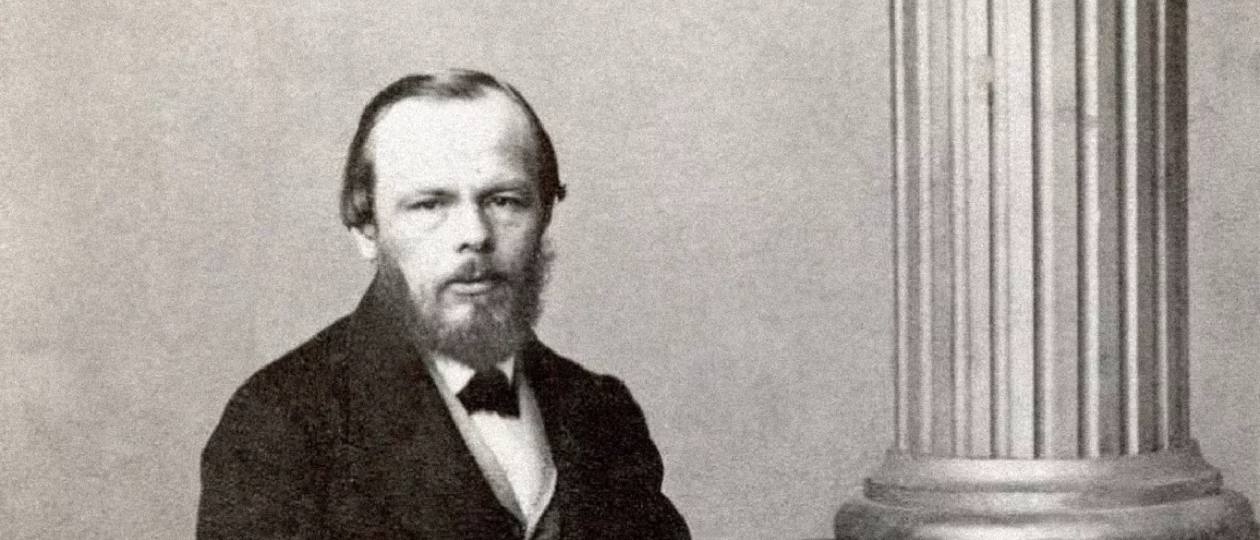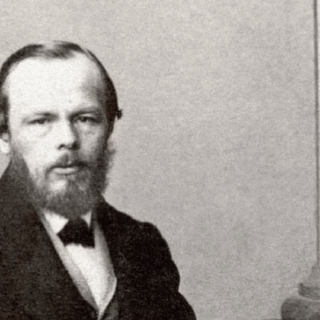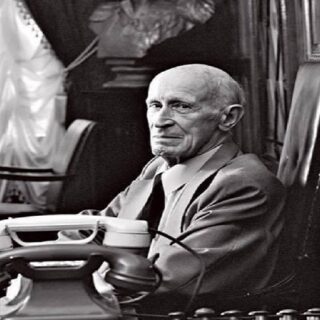
Late August-early September 1868.
Mr. Editor. Let a foreigner avail himself of the gracious assistance of your esteemed journal, to overthrow the falsehoods, and to reestablish the truth.
I’ve been living in Switzerland for a year now. Before leaving Russia abroad, I only passed by, traveled. Now, for the first time, I have settled in a place, I do not travel as a traveler, but live in a foreign land, in one place. Thus, for the first time in my life, I noticed in all its force many things that would not have occurred to me if I had only passed by as a traveler.
By the way, I was extremely struck by the extraordinary ignorance of Europeans in almost everything relating to Russia. People calling themselves educated and civilized are ready often with extraordinary frivolity to judge about Russian life, not knowing not only the conditions of our civilization, but even, for example, geography. I will not go into this unpleasant and delicate subject. I will only note that the wildest and most unusual news from the modern life of Russia finds in the public the fullest and most naive faith. It should be noted that the mass of this news is increasing both in newspapers and in individual publications, which, of course, is a sign of the growing interest that my Fatherland arouses among the masses of the European public.
Everyone knows that there are several periodicals in Europe that are almost specifically designed to harm Russia. The appearance of separate works for the same purpose also continues in different parts of Europe. These books have the painful appearance of discovering the secrets and terrible secrets of Russia. A person, European or Russian, who has suffered and resented in Russia for a long time, who has collected information, who was accidentally placed in such a way that he could get “to the truth and discover extraordinary facts, finally manages to leave the unhappy country in which he was suffocating with indignation, and somewhere beyond the border, where he already The Russian government is powerless over him, and finally publishes a book — his observations, notes, and secrets. His publisher is in a hurry to put “the publisher’s property” on the title page — and the mass of the public, as I have firmly convinced myself during this year of my life abroad, believes with the most naive conscientiousness that all this is true, the holy truth, and not speculation on the noble feelings of the reader, not selling for pounds or on meters of noble indignation, perfectly fabricated for two purposes — to harm Russia and for their own benefit, because noble indignation is still sold and given profitably. The book pays off for the publisher, and so does the author’s “work.”
I’ve seen a lot of such books, and I’ve read some of them. They are either fabricated by foreigners or even Russians, at least by people who have been in Russia. They mention famous names, tell the story of famous people, and describe events that really happened, but all this description is incorrect and distorted for a certain purpose. And the more the author lies, the more brazen he becomes, and blunders against the truth and deliberate slander are sometimes so brazen and shameless that they even become funny; I often laughed reading these statements. Nevertheless, they are very harmful, as is every slander, every distortion of the truth. There is still something left of any slander, no matter how ugly it may be, Besides, false, distorted, and distorted ideas are spreading among the masses of the European public, and the more obscure Russian life is to Europeans, false opinions and false beliefs can harm in this case and not only Russia. That, at least, is my belief.
And yet, I confess, I would never “take the trouble to discover a lie in this case and restore the truth: the work would be too humiliating. After reading some of these works, “for some reason, I always feel extremely ashamed, either for the author or for myself, that I took the trouble to read such an impudent absurdity.”
But the other day, by chance, I came across a book: “Les mystères du Palais des Czars (Sous l’Empereur Nicolas I) par Paul Grimm, propriété de l’editeur. Vurzbourg, F. A. Julien libraire-éditeur, 1868.” This book describes my own story, and I take the place of one of the most important actors. The action takes place in St. Petersburg, in the last year of the reign of Emperor Nicholas, that is, in 1855. And even if it were written: a novel, a fairy tale; no, everything is declared to have really happened, truly happened, with an almost incomprehensible arrogance. The “real-life” faces are exposed, incidents are mentioned that are not fantastic, but everything is distorted and distorted to such an extent that you read and do not believe such shamelessness. For example, I am called by my full name Theodore Dostoiewsky, a writer, married, chairman of a secret society.”
(The letter was never finished.)





